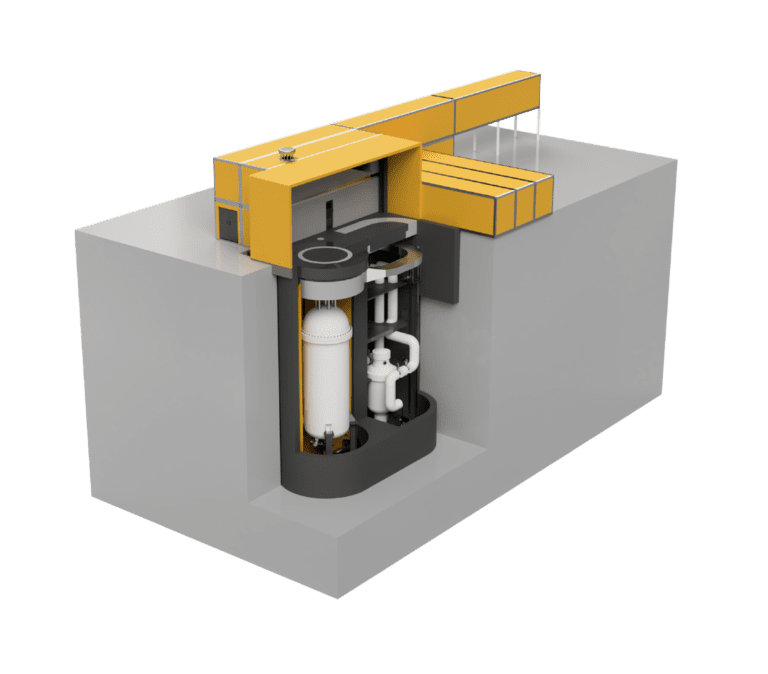The Atomic Show #003 – Nuclear fuel recycling
Shane and Rod talk about nuclear fuel recycling and ways to reduce the amount of waste that nuclear reactors produce. We also talk about the fact that there are rare materials with unique physical properties locked inside the fuel assemblies that have been removed from nuclear fission reactors. With a proper eye towards converting trash into treasure, I propose that this material should not be considered to be “waste”.
We then chat a bit about some of the ways that nuclear fuel byproducts can be used for human benefit. We also talk about the focused effort to keep nuclear fuel materials out of the world’s economy and handicap its ability to compete with fossil fuels.
Podcast: Play in new window | Download (Duration: 43:41 — 15.0MB)
Subscribe: RSS


